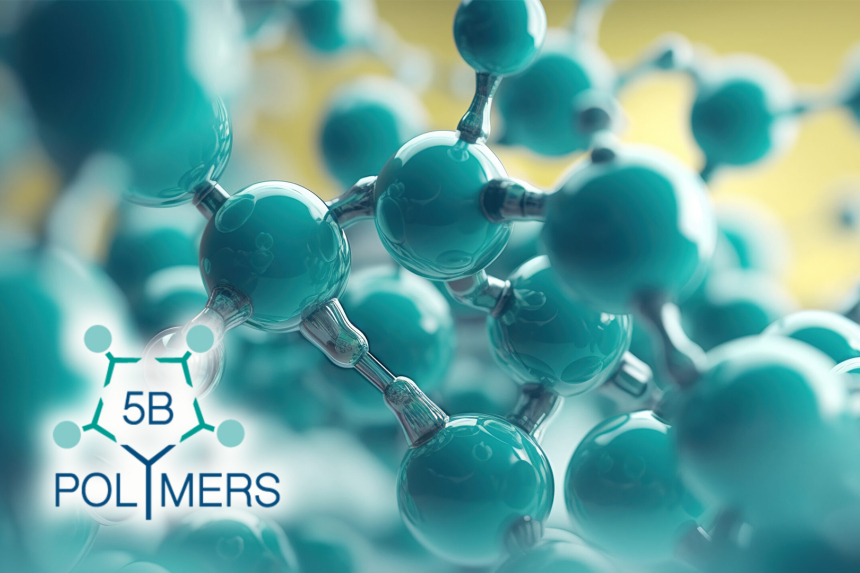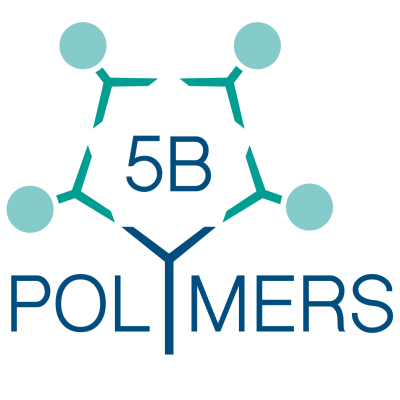POLYMERS-5B: One Year on the Road Toward a Circular Future

A year ago, the Latvian State Institute of Wood Chemistry launched an ambitious European initiative — POLYMERS-5B. The project aims to transform biological waste into sustainable, biodegradable polymers. Now, after a year of intensive work, the project team proudly highlights its first major achievements.
Supported by the Horizon Europe program, this project offers a sustainable alternative to fossil-based plastics, aligning closely with the European Union’s vision for a circular bioeconomy. It utilizes underexploited agricultural and food processing residues — such as tomato and olive pomace, as well as lignin derivatives from wood pulp — and converts them into high-value monomers and polymers through biocatalysis and green chemistry.
Why this project matters:
- Innovative use of biological waste
The project recovers valuable compounds from organic residues, reducing both waste volume and dependence on fossil resources.
- High-value biocatalytic processes
Using enzymes as catalysts allows for polymerization under milder conditions, increasing energy efficiency and lowering the environmental footprint.
- Creation of biodegradable and functional polymers
The project focuses on synthesizing innovative polyesters, polyamides, polyphenols, and polyfurans with functional groups that mimic conventional plastics (such as PET, PU, and ABS) but offer superior biodegradability.
- Broad industrial applications
The developed materials are being designed for use in textiles, automotive parts, furniture production, and polymer resins — supporting the transition to sustainable production in various sectors.
Strong European collaboration
The POLYMERS-5B consortium unites leading research institutes and companies from Portugal, Latvia, Spain, the Netherlands, Germany, Serbia, and Italy. The Latvian team is represented by project coordinator Ph.D. Miķelis Kirpļuks, a researcher at the Polymer Laboratory of the Latvian State Institute of Wood Chemistry. He also leads Work Package 2: “Selection, extraction, and production of bio-renewable monomers and bioactive compounds.”
From June 4–5, 2025, Miķelis Kirpluks and fellow researcher Ph.D. Anda Fridrihsone participated in the project’s General Assembly meeting in Barcelona. During the event, partners reviewed the progress to date, shared results, and discussed next steps and upcoming challenges. The next General Assembly is scheduled for June 2026 in Riga.
Ph.D. Miķelis Kirpluks comments:
We have already shown that biological waste can be transformed into high-value monomers and functional polymers. The next step is to adapt these materials to industrial needs. We are building a new class of bio-based plastics -vitrimers that can significantly reduce the environmental burden caused by conventional polymers. Vitrimers are thermosets that can be thermally recycled.
One of the project’s leading partners is Eurecat, one of the fastest-growing technology centers in Europe. In 2024, Eurecat surpassed €69 million in revenue, with 71% of its activity involving collaboration with SMEs. The organization drives technological innovation, especially for small and medium-sized enterprises, and plays a key role in the transition toward more sustainable, environmentally conscious industry practices.
POLYMERS-5B embodies the European commitment to a circular bioeconomy, where waste becomes a valuable resource for the materials of the future. The project team is working to ensure that this transition is not only scientifically sound but also practically scalable — creating a future where chemistry and nature cooperate rather than compete.
Project description: Polymers-5B






